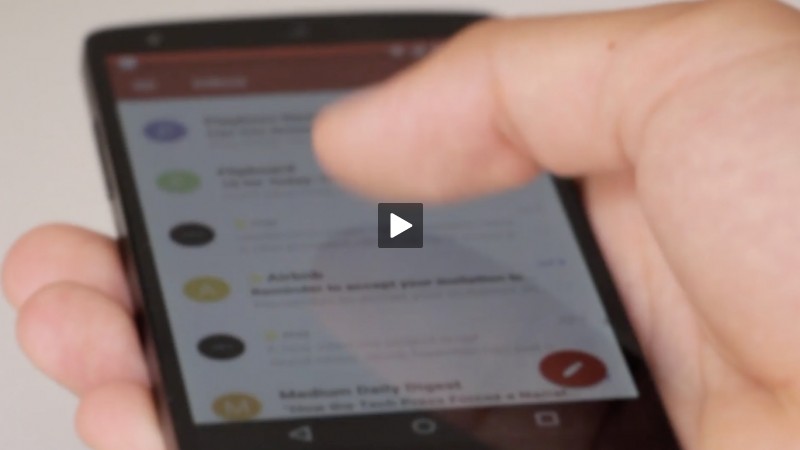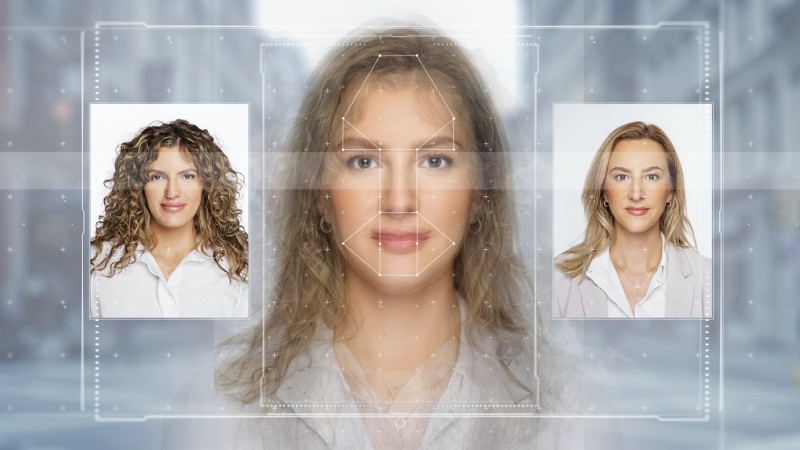AI Agents Are Revolutionizing Every Office Job
- Details
- Written by The FoolProof Team
- Category: Articles

Artificial intelligence (AI) is no longer just a buzzword. While tools like ChatGPT, Copilot, Gemini and Grok have propelled AI into the mainstream, the next frontier—AI agents—is already reshaping how our office work gets done. These AI-powered assistants are taking over tasks, making decisions, and transforming employees into managers of automated systems.
Think of them as virtual assistants capable of handling the chores people generally rather avoid.
AI agents go far beyond simply answering questions; they can independently perform tasks, gather information, and respond to real-world scenarios. Think of them as virtual assistants capable of handling the chores people generally rather avoid.
What Are AI Agents and How Do They Work?
AI agents are designed to make work or life easier by managing tasks that require planning, decision-making, and execution. For instance, while ChatGPT might provide travel tips, it's still up to you to book the flights, manage your schedule, and finalize the details. With AI agents, that's set to change.
Imagine delegating these responsibilities to specialized agents:
One agent might coordinate your calendar and secure time off from work.
Another could find the best travel deals, book flights, and handle accommodations.
Although the human user remains in control—approving key decisions like bookings or payments—the AI agent simplifies the administrative workload by handling the process in the background. These systems elevate the capabilities of traditional AI chatbots, offering not just answers but comprehensive task management. They are equipped to perceive, plan, decide, react, and even learn autonomously.
The Rise of AI Colleagues in the Workplace
Tech giants like Google, Microsoft, Apple, and NVIDIA are racing to develop these advanced AI tools. Their goal isn't limited to improving user experiences; they also aim to enhance their internal operations. For example, Visa envisions a future where employees oversee a team of 8–10 AI agents, each dedicated to specific tasks.
These agents are poised to revolutionize office work by transforming employees into managers of automated workflows. Human workers will guide the process, provide instructions, and review the outcomes, while the agents handle the execution.
A glimpse into the future of work:
Procurement teams could use AI agents to identify suppliers, negotiate contracts, and finalize deals.
Customer service departments might rely on agents to deliver consistent, high-quality interactions without the need for constant training or replacements.
AI agents offer several key advantages over human employees. They don't take sick days, operate at lightning speed, and continually improve through machine learning. As businesses adopt this technology, they could unlock higher efficiency, better customer service, and streamlined operations.
Challenges and Privacy Concerns
Despite their potential, AI agents come with challenges—chief among them, privacy and security. To function effectively, these agents need access to sensitive systems and information. The question is: how can companies ensure security while granting access? Or make it personal… Would you give your credit card details to your AI agent? Who then owns that information, who is it share with, etc.
Developers are addressing this by building robust security protocols into the agents themselves. Additionally, organizations must establish oversight teams to monitor and regulate how AI agents access and use data, ensuring compliance with privacy standards and internal policies. Proper safeguards will be critical to gaining trust and ensuring smooth adoption.
What's Next for AI Agents?
Expect to see AI agents handling specialized, repetitive tasks that are easy to automate. While widespread adoption may take time, early implementations will focus on testing and refining these virtual super-assistants. Businesses that embrace AI agents early will likely gain a competitive edge by improving efficiency and reducing operational costs.
The future of AI in the workplace is clear: humans will lead, and AI agents will execute. Together, this partnership has the potential to redefine what productivity looks like in the modern office. The question isn't whether AI agents will revolutionize the workplace—it's how soon it will happen. Keep your eye out for AI in any business or online transaction.


































